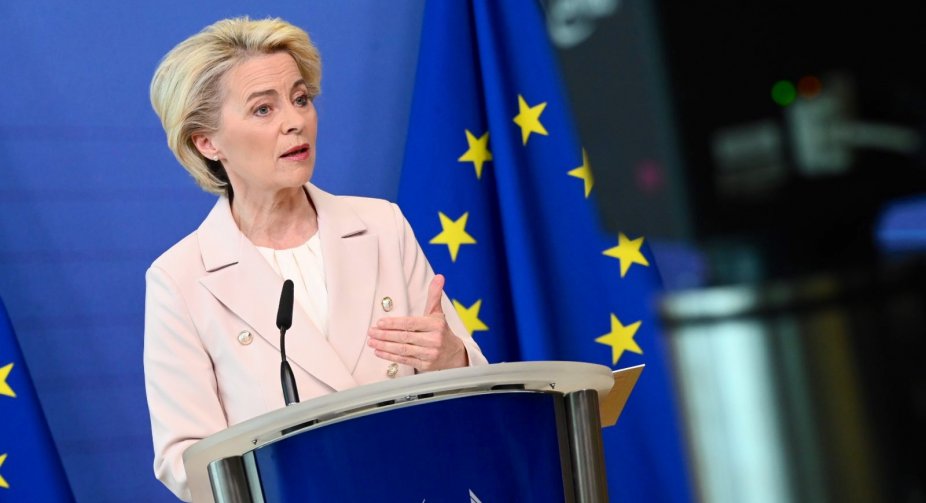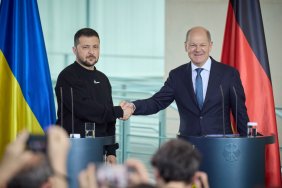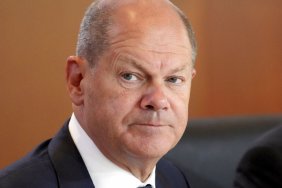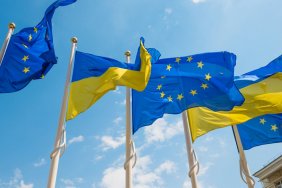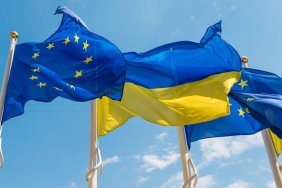The European Commission was prepared for a possible gas shutdown by Moscow; Poland and Bulgaria already receive this energy resource from EU members through interconnectors, said European Commission President Ursula von der Leyen.
"Today, the member states met as part of the coordination group on gas. Poland and Bulgaria informed us of the development of the situation. Poland and Bulgaria are already receiving gas from their neighbors in the European Union," von der Leyen said in a special media statement on Wednesday in Brussels, writes UNIAN.
According to her, an "immediate, unified and coordinated" response from Brussels to Moscow's actions will soon follow to have confidence that "Gazprom's decision will have the least possible consequences for European consumers."
Von der Leyen promised that the European Commission will multiply its efforts in regional groups of EU countries, which can provide the most urgent help to their neighbors. This will help to mitigate the effects of possible supply disruptions. Work will also continue on supply security and the accumulation of sufficient gas reserves in the medium term.
Von der Leyen expects that the European Commission's plan to strengthen the EU's energy security, RePowerEU, will help to reduce dependence on Russian fossil fuels significantly as soon as this year. LNG imports from the U.S. will be increased, and work is underway with member states to find alternative gas suppliers.
"In the long term, RеPowerEU will also help us move toward a more reliable, secure and sustainable energy supply. We will present our plans to accelerate the green transition in mid-May. Every euro we invest in renewable energy and energy efficiency is the key to our future energy independence," said the EC chair.
She said the EC welcomed Paris' plan to convene a meeting of EU energy ministers as soon as possible.
"The era of Russian fossils in Europe is coming to an end. Europe is moving forward on energy issues," von der Leyen concluded.
